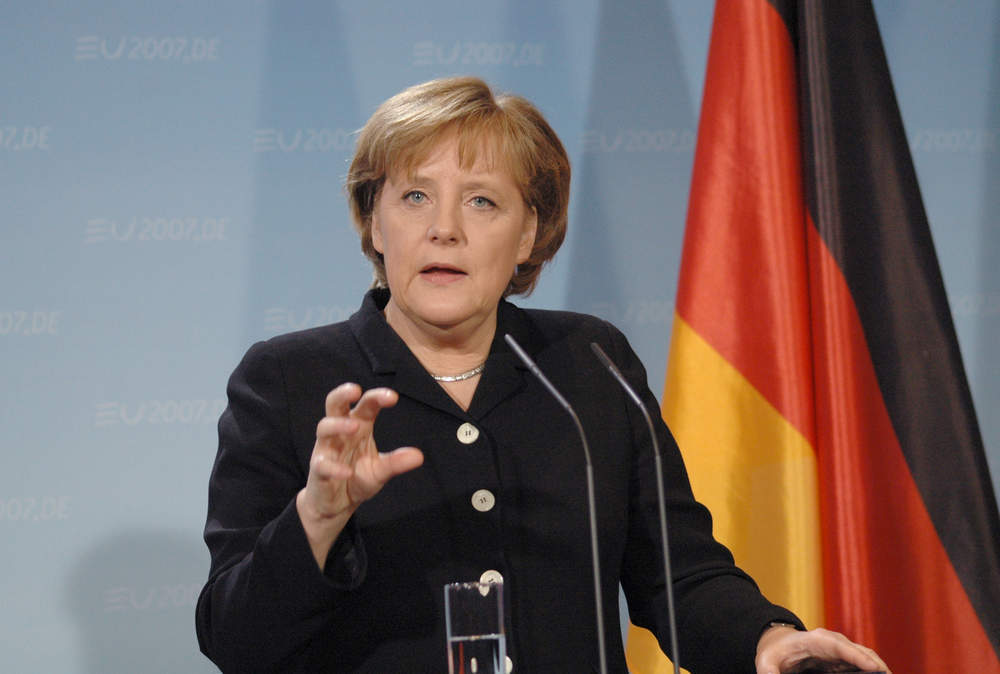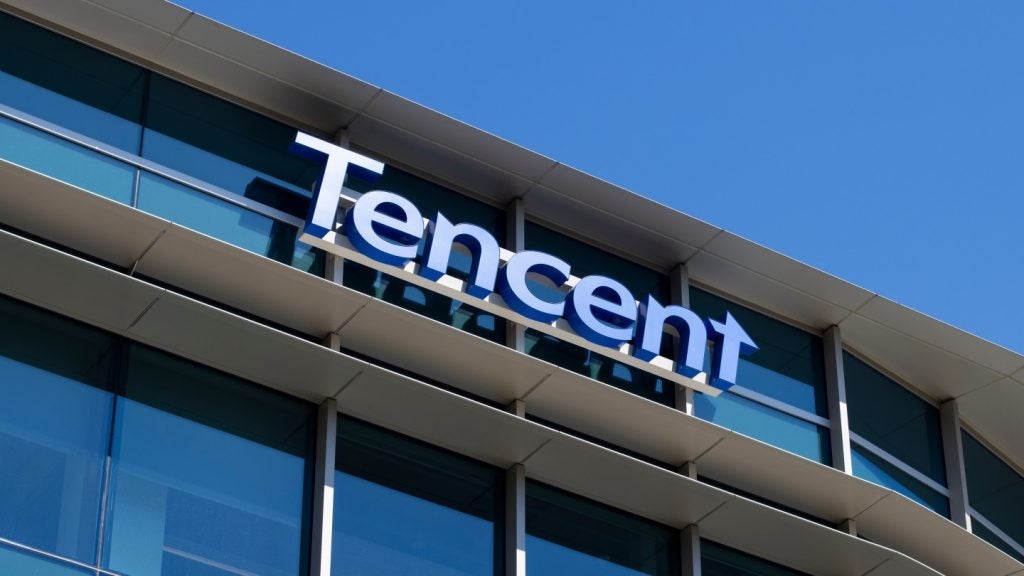
German Chancellor Angela Merkel is discussing the first draft of the 2018 budget in front of lawmakers in the German parliament (Bundestag) today.
Merkel has already faced internal rows over this year’s budget. The Finance Minister Olaf Scholz, who is a member of the Social Democrat party that makes up Germany’s Grand Coalition with Merkel’s Christian Democrats, offered a much lower increase in defence spending than the Defence Ministry wanted.
Presenting his budget earlier this month, Scholz offered the Defence Ministry just half of what it was looking for. The Ministry has calculated that the budget will only cover a fifth of its needs in the coming years. Despite this, the Social Democrats argue that the military’s problems are due to mismanagement rather than a lack of funding.
Merkel, however, used much of today’s address to justify increased defence spending. She cited Germany’s responsibility to help defend Poland’s borders and Baltic Nations’ airspace (both, presumably, against the risk of Russian aggression against Eastern Europe) and her conviction that Europe needs to take more ownership over its own defence. “It’s not a question of starting an arms race, but of equipping ourselves across the board”, she said.
Yesterday, in a speech to military officers in Berlin, along with her defence minister Ursula von der Leyen, Merkel also addressed the issue of Germany’s commitment to Nato.
US President Donald Trump criticised Germany earlier this year for failing to meet the defence spending target of 2% of GDP agreed on by Nato members. Yesterday Merkel said that reaching this target was “not completely beyond the imagination”. Germany currently spends 1.24% of GDP on Nato.
How well do you really know your competitors?
Access the most comprehensive Company Profiles on the market, powered by GlobalData. Save hours of research. Gain competitive edge.

Thank you!
Your download email will arrive shortly
Not ready to buy yet? Download a free sample
We are confident about the unique quality of our Company Profiles. However, we want you to make the most beneficial decision for your business, so we offer a free sample that you can download by submitting the below form
By GlobalDataMerkel today restated her belief that Germany must concentrate on its alliances with the EU and the US. However, she criticised the US’s decision to pull out of the 2015 Iran nuclear deal.
While she acknowledged that the deal was far from perfect, Merkel argued that its framework was the best way to address international concern about Iran’s role in the Middle East and its ballistic missile programme.
Merkel’s address this morning was preceded by a speech from the largest opposition party, the far-right populist Alternative for Germany (AfD).
The AfD joint parliamentary leader Alice Weidel used her time on the podium to lay into Angela Merkel and her party, accusing them of: hiding €30 billion euros that Germany pays annually to the EU; passing over the possibility of tax cuts for lower- and middle-class Germans; and allowing Germany to become a country of “unlimited immigration for unqualified workers”.
Weidel said:
Burqas, girl in headscarves, knife-wielding men on government benefits and other good-for-nothing people are not going to ensure our prosperity, our economic growth and our social welfare system…This country is being governed by idiots.
Weidel’s insulting language caused its intended ruckus in the Bundestag, with Weidel being called to order for discrimination. For the most part, however, Merkel did not rise. At one point only did she touch on the issue of migration, defending the government’s move towards centralised facilities for accommodating and housing asylum seekers. Germany hopes policy changes to the process of evaluating migrants will speed up decisions, although some critics worry that the scheme might put vulnerable and traumatised people at an increased risk.
Other issues touched on by Merkel in the Bundestag today include:
- The fact that the proposed new German budget is still “black zero”, meaning that it doesn’t include any new state borrowing.
- That the budget foresees Germany conforming to EU guidelines and reducing its level of indebtedness to less than 60%.
- Her support for Scholz’s proposal that the euro-zone bailout fund could become a common backstop so long as risks in national banks’ balance sheets were reduced.
- That Germany’s scandal-hit car industry should not be punished so harshly that it cannot invest in future technologies, but that it is the industry responsibility to regain the trust it has lost.
- And that Europe should support the development and production of battery technologies in order to compete with Asia and North America, especially over cars.







